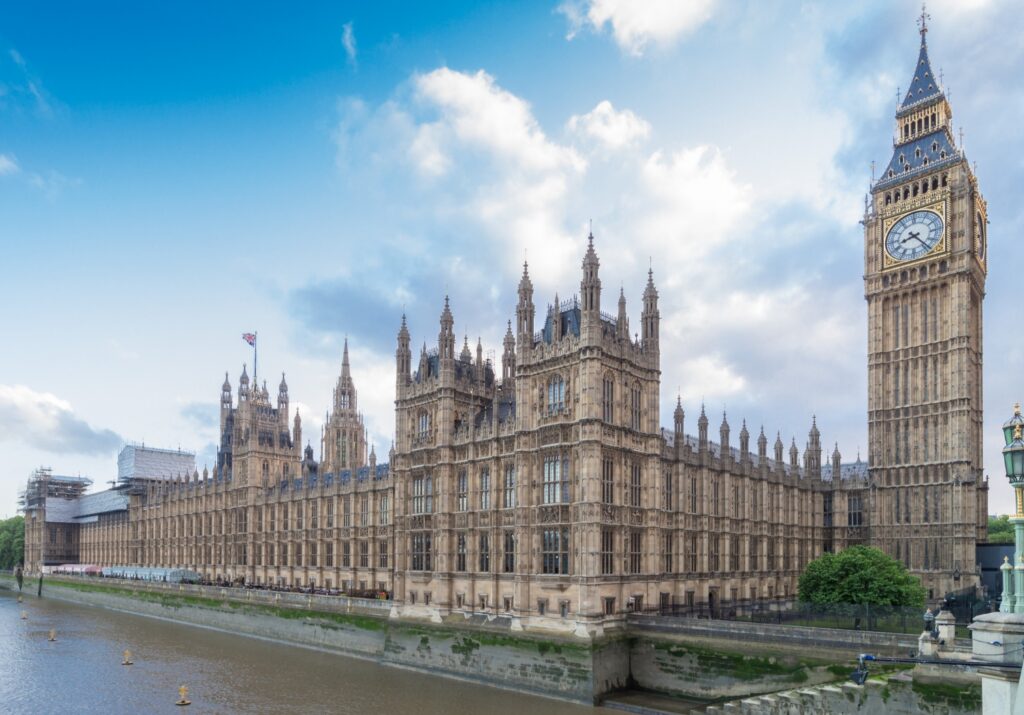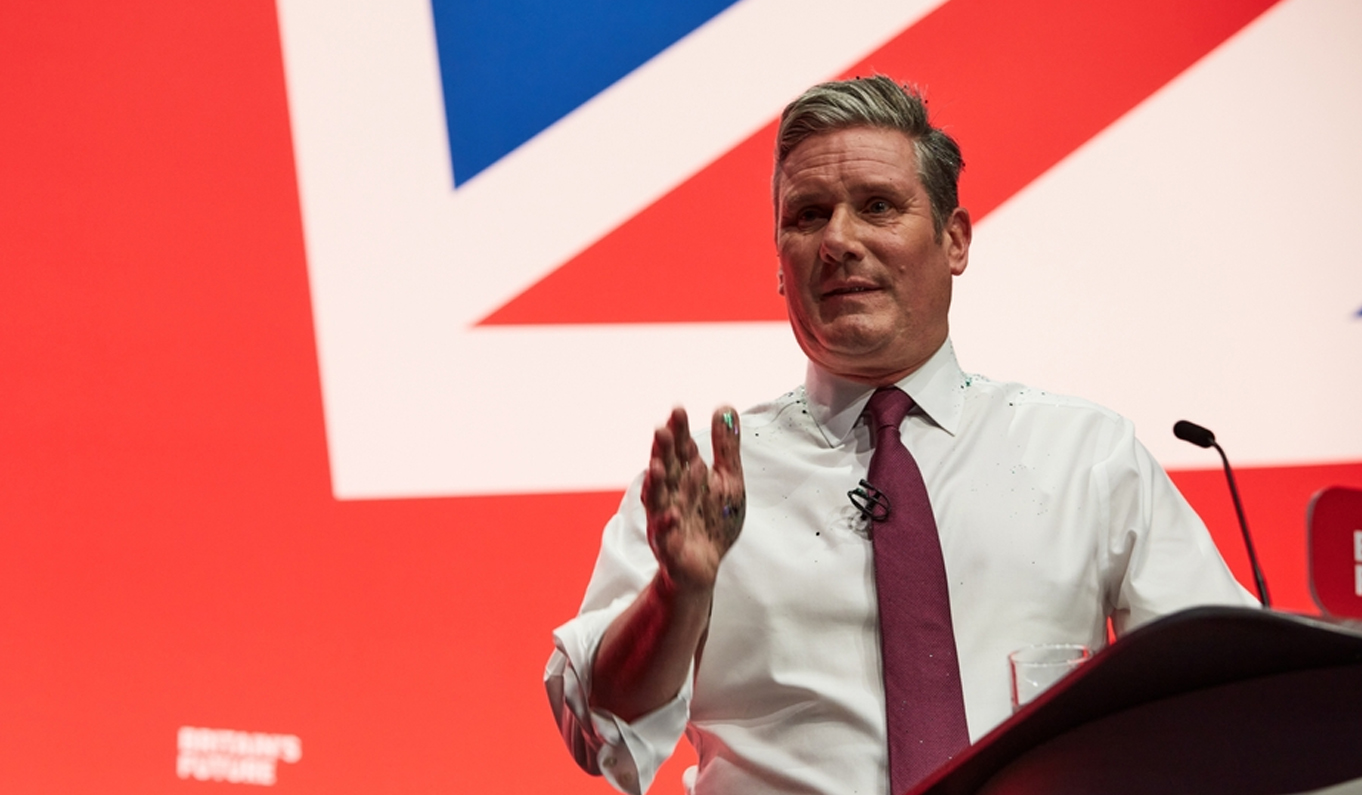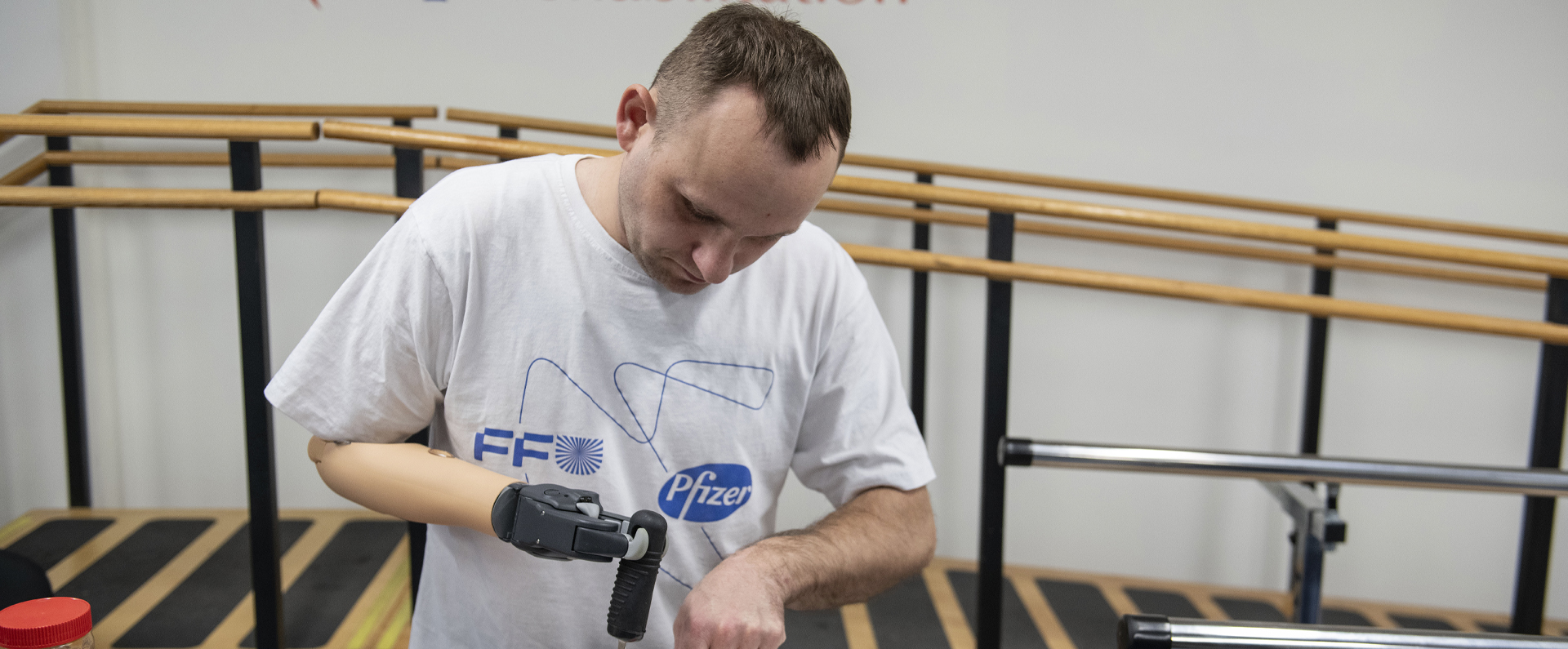
If there was one clear message from the success of UKIP in last week’s local elections, it is that a significant slice of the electorate believe mainstream political parties are not on their side. As they struggle against the economic downturn, many feel ignored in the debates taking place among the political classes in Westminster. This is why many of our Party’s internal arguments are beside the point: the core task for the Tories is to show they are running the country competently in the interests of ordinary people.
There are flickerings of hope emerging in the party’s response to the rise of UKIP. One area where these signs can be detected is overseas aid. This has long been an issue that symbolises the gulf between Westminster and the rest of the country, with the three major parties united in their desire to spend more and more money on foreign aid to hit a spurious United Nations target. Yet as even left-wing think tanks admit, the public is becoming less supportive of maintaining, let alone increasing, current levels of aid spending – unsurprisingly, given self-evident failures abroad at a time of painful public spending cuts at home.
Perhaps the change is down to the approach adopted by Justine Greening since taking over last autumn as international development secretary; she is, after all, a trained accountant, and apparently wanted to see a more rigorous approach to measuring the value taxpayers received for the money spent in developing countries. Or perhaps even Downing Street has woken up to the absurdity of prioritising spending increases over any realistic assessment of outcomes, something no sane business would ever contemplate. Either way, there are signs that measures to formalise the target of spending 0.7% of gross national income on aid as an end in itself will not after all appear in this week’s Queen’s Speech – a positive development.
The recent decisions to end aid to India and South Africa are also encouraging. Both are now among the world’s richer nations, with fast-growing economies and substantial resources. Their problems of poverty will not be solved by handing over our cash but by improving governance and ironing out corruption. As others have pointed out, the President of South Africa spent nearly as much state money renovating his private home as Britain gives his country each year in aid.
I assume it was no coincidence the ending of aid to South Africa emerged in the run-up to the local elections. It is also interesting to see moves afoot to divert some of the swollen Dfid funds to the hard-pressed defence budget. Earlier this year, it was reported the Prime Minister had intervened personally to propose spending aid funds on peacekeeping missions, such as the latest one in Mali. This is an eminently sensible strategy, ensuring more taxpayers’ money goes to our own armed forces rather than dubious overseas schemes. Now there are suggestions that defence officials want to draw on the Dfid budget to pay for flights on military aircraft, navy patrols and body armour – although sadly, stretching it to spend on aircraft carriers and tanks has been ruled out.
Such shifts alarm the vociferous aid lobby but will be applauded by most people. They are, of course, tokenism – the aid orthodoxy remains intact at Westminster. Ministers are cutting £19m annual aid to South Africa, but pumping in hundreds of millions of pounds taken from taxpayers to places such as Pakistan and Ethiopia. And as they shuffle some resources around Whitehall, they are still slashing defence spending while increasing Dfid’s budget by 50% during the coalition’s five-year term of office. But for all the smoke and mirrors, these are signs the government is listening at last – and for that reason alone, these moves are to be welcomed.



